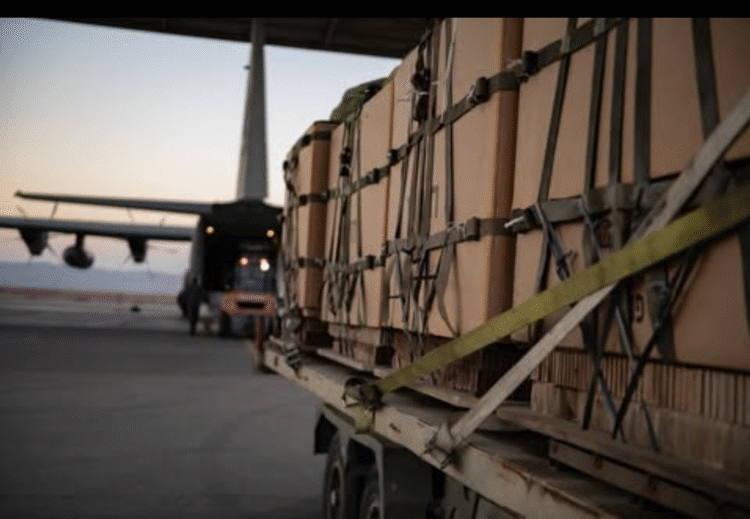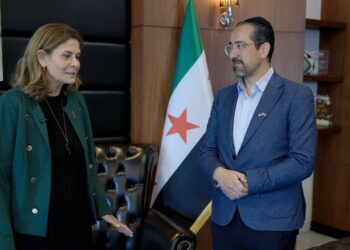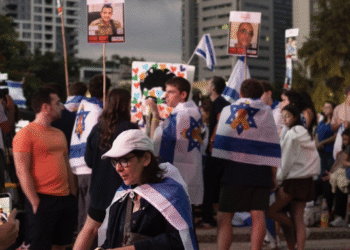Facing growing international criticism over the humanitarian crisis in Gaza, Israel has significantly expanded its aid operations in the territory — even as its military campaign against Hamas continues. The shift follows weeks of mounting pressure from the United Nations, human rights groups, and foreign governments, as well as stark media coverage of worsening conditions, particularly among children.
On Sunday, July 27, the Israeli military carried out a large-scale airdrop of humanitarian supplies into Gaza — the first such operation by the IDF since the war began in October 2023. Officials say the mission was authorized by political leadership and is part of a broader strategy to increase aid access across the war-torn Strip.
In addition to the airdrop, the IDF announced the creation of new humanitarian corridors. These protected routes are intended to allow UN aid convoys to safely deliver food, medical supplies, and other essentials into designated areas of Gaza.
The latest expansion comes amid renewed accusations that Israel is blocking vital assistance. A recent UN report warned that nearly 9% of Gazan children screened this month are suffering from severe malnutrition, and at least 20 children have died so far this year due to inadequate access to food and care. The report has intensified calls from the European Union and others for Israel to facilitate greater humanitarian access.
Israel, however, continues to reject claims that it is intentionally starving civilians. Prime Minister Benjamin Netanyahu, speaking at a Christian conference in Jerusalem days ago, firmly denied the allegations. “Since the war began, Israel has allowed 1.9 million tons of humanitarian aid into Gaza,” Netanyahu said. “We are fulfilling our obligations under international law.”
Military officials further claim that Hamas has systematically intercepted and exploited aid shipments. According to the IDF, the militant group has routinely stolen or diverted aid for its own use or resale, depriving civilians of supplies intended for their survival.
In parallel with military and aid operations, infrastructure efforts are also underway. A major new project — a UAE-led water pipeline — will soon begin construction, aiming to pump desalinated water from Egypt into the al-Mawasi region of southern Gaza. Home to roughly 600,000 displaced Palestinians, al-Mawasi has seen critical shortages of clean water. The project will operate independently of Israel’s existing water infrastructure, with construction expected to begin within days and take several weeks.
Additionally, Israel recently reconnected a key water line to a desalination plant in Gaza, improving access to fresh water for up to 900,000 residents.
While the situation on the ground remains dire, these latest developments mark a notable shift in Israel’s approach to humanitarian access in Gaza — a move that could ease international tensions but is unlikely to quell the ongoing scrutiny from aid groups and world leaders.
























Discussion about this post